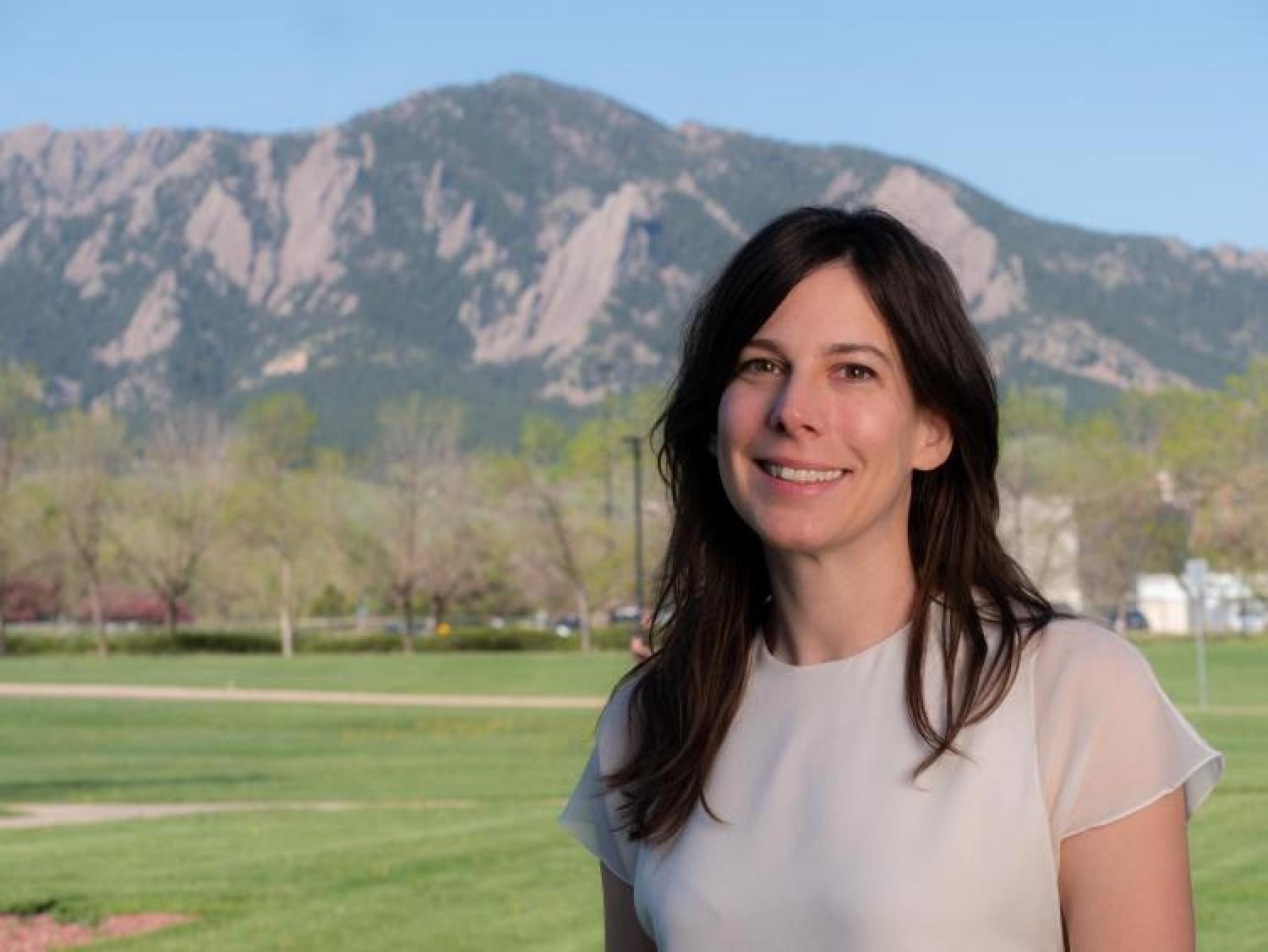Alison Cool's Data Law and Practice Studies Featured in A&S Magazine

Transparency can make or break 'big data' regulation
“CU data cyberattack” was the subject line that appeared in thousands of university-affiliated inboxes on Feb. 9, 2021. On that date, former CU President Mark Kennedy reported that individual records of students and employees may have been compromised.
CU was one of at least 300 victims of this cyberattack on Accellion, a file-sharing service that CU used, which also hit organizations like Shell and the University of California—and yet, it wasn’t even considered a significant cyber incident from the last year.
As these attacks grow in frequency and complexity, the U.S. government is rushing to address the growing crisis. A University of Colorado Boulder professor, though, suggests we look to Sweden for possible solutions while also maintaining a crucial element: the public’s trust.
Alison Cool, an assistant professor in anthropology, studies data law and practice, particularly in Sweden, and she says her research has potentially broader implications, namely ways to regulate data that balance the interests of citizens, consumers, corporations and governments.
Finding a definitive compromise for all stakeholders is not straightforward she says.
“Sweden had to grapple early on with the question of ‘how do we use data to create a better society while also protecting individuals from the potential harms that can come from the availability of this information?’” Cool said.
*excerpt taken from A&S Magazine, read the full article below:

